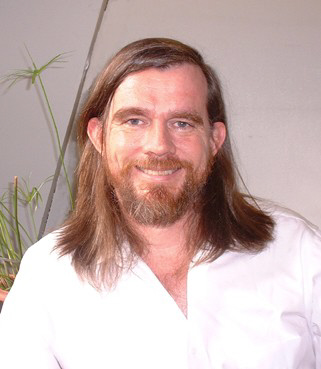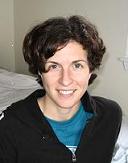 |
Mott Greene, Director of the Science, Technology & Society Program,
University of Puget Sound . A MacArthur Fellow for his work on the history
of geology, Professor Greene’s current work explores the sociological and
discipline-building role that models play in science when the epistemic
limits of the models have been reached. He is currently using evolutionary
fitness landscapes to portray competing versions of climate science and
their probable futures, and he is also looking at the role (and epistemic
limits) of image enhancement in scientific model outputs. |
 |
Lenny Smith, Centre for the Analysis of Time Series (CATS) at the London School of Economics. Dr. Smith is a lead organizer of the “climateprediction.net”, a web site in which individuals around the globe can download input parameters and run a climate model on their own computer, and then contribute the results back to a central locale. Climateprediction.net is the largest experiment to produce a forecast of the climate in the 21st century; Dr Smith’s work examines how to interpret the range of output produced. |
 |
Steven Rayner, James Martin Professor of Science and Civilization, Saïd Business School, Oxford University . Professor Rayner is the editor of the monumental four- volume book, Human Choice and Climate Change (Batelle Press, 1998), and is an expert on the use of models in climate science and public policy. |
 |
Wendy Parker, Science Studies Program, UCSD.
Trained in history and philosophy of science, she has focused on computer
simulation modeling in meteorology and climate science, with a particular
interest in methodological and epistemological questions. She recently spent
a year as a Congressional Science Fellow and witnessed first-hand the way
that models are used (and sometimes abused) in debates over issues like
climate change. |

